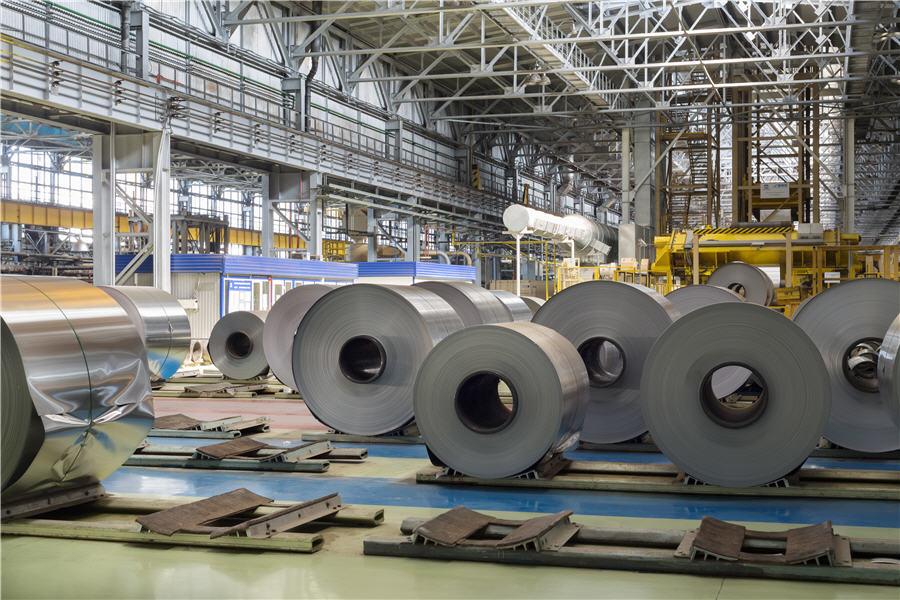
Bottlenecks at London Metal Exchange registered warehouses in Malaysia owned by metals storage firm ISTIM UK are adding to the difficulties aluminum consumers in the United States and Europe face in getting the metal they need.
Strong demand and tight supplies of aluminum have sent physical market prices in the United States to record highs, while in Europe prices are near their highest since Washington imposed sanctions on Russia’s Rusal in 2018.
Queues have formed at ISTIM’s Port Klang warehouses because traders and banks including JPMorgan and Royal Bank of Canada want to take delivery of the large amounts of aluminum they have bought on behalf of clients, two sources with direct knowledge of the matter said.
JPMorgan and RBC declined to comment. ISTIM did not respond to requests for comment.
CRU analyst Eoin Dinsmore expects primary aluminum demand in the United States at 5.1 million tonnes this year
The queues have materialised despite extensive market reforms after near two-year waiting times built up in 2014 to take aluminum from depots in Detroit, including a requirement for a faster pace of delivery from LME warehouses.
Metal entering the LME’s global storage network is issued with a title document known as a warrant. When banks, traders and consumers buy metal on the LME they cancel the warrants at a location of their choice to take delivery.
In this case, banks and traders have made a beeline for ISTIM’s warehouses in Port Klang because a large proportion of aluminum in the LME’s network is stored in that location; 40% of a total 1.828 million tonnes as of the end of April.
“The aluminum stored in Port Klang isn’t the best quality, but we’re at a stage where people are desperate for material,” one aluminum industry source said.
The queue at the end of April to take aluminum out of ISTIM’s warehouses in Port Klang was 199 days, up from 183 days at the end of March and zero at the end of February. The amount of aluminum waiting to be loaded out at the end of April was 387,325 tonnes.
The LME in response to requests for comment said it had “received no concerns from metal owners or the broader market as to the effect of any such queue”.
“It is possible that an operational queue will appear at an LME warehouse, as metal owners exercise their right to withdraw metal,” it said. “The Queue Based Rent Capping rule protects those metal owners by limiting the rent they will pay in the queue to 80 days.”
Consumers needing to buy aluminum on the physical market pay the benchmark LME price plus a premium.
Benchmark aluminum prices on the LME hit a three-year high at $2,603 a tonne earlier this month.
Physical market duty-paid premiums for aluminum in the United States at $585 a tonne are up 87% so far this year, while in Europe at $233 a tonne they have gained 65%.
CRU analyst Eoin Dinsmore expects primary aluminum demand in the United States at 5.1 million tonnes this year with local production amounting to 940,000 tonnes.
“With U.S. imports from Canada at an annualised 2.4 million tonnes, the U.S. needs to get 1.7 million tonnes from elsewhere. Europe excluding Russia will produce 4.3 million tonnes this year, but needs 8.1 million tonnes,” Dinsmore said.
The deficits are likely to be partly covered by producers and commodity traders eventually releasing their stocks, estimated at up to 700,000 tonnes in the United States and more than a million tonnes in Europe.
Aluminum from surplus regions such as the Middle East will also help ease the shortages.
Global aluminum consumption this year is expected to jump 8% to around 69 million tonnes from last year when covid-19 related lockdowns stymied activity and demand.
(By Pratima Desai; Editing by Veronica Brown and David Evans)
Comments